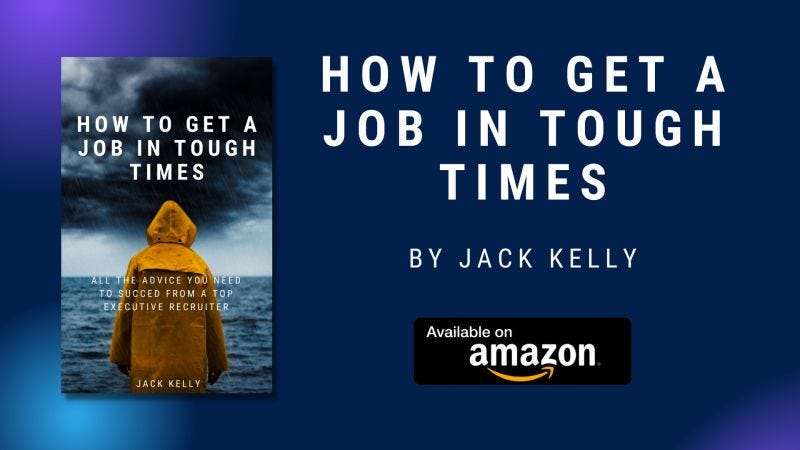Not to be confused with publicly traded corporations, such as Apple, Amazon and Goldman Sachs, there is a sector that is not as well known—privately held businesses.
Private companies, which are owned by individuals or corporations, are not publicly traded and receive zero capital from the public. They include big names like SpaceX, Cargill, Mars, Koch Industries and Hobby Lobby. Other privately held companies include tech startups, private equity firms, hedge funds, family-owned organizations or small and midsize organizations.
To adapt their operations to meet changing market demands and enhance productivity levels, private companies are embracing innovation, technology and strategic workforce planning, according to Deloitte’s Private Company Outlook: Productivity survey published on Tuesday.
The report underscores the role of workforce development in driving productivity improvements, with an emphasis on reskilling programs and talent management strategies. Deloitte Private captured insights and perspectives from privately held companies with revenues ranging from $100 million to over $1 billion.
To dive into this business segment, in a one-on-one Zoom video call, I spoke with Wolfe Tone, the vice chair and United States and global leader at Deloitte Private, who oversees a diverse range of clients, including privately held businesses, family enterprises, private equity funds, emerging growth companies and high-net-worth individuals.
Survey Reveals Almost Half Of All Managers Aim To Replace Workers With AI
A lot of companies try to assuage fears that employees will lose their jobs to AI by assuring them they'll be working alongside the tech, thereby improving efficiency and making their duties less tedious. That claim feels less convincing in light of a new survey that found 41% of managers said they are hoping to replace workers with cheaper AI tools in 2024.
A report by Beautiful.ai, which makes AI-powered presentation software, surveyed over 3,000 managers about AI tools in the workplace, how they're being implemented, and what impact they believe these technologies will have.
Zuckerberg Allegedly Emails Google Employees, Asking Them To Work For Facebook Instead
The hunt for talent in the AI world is getting so competitive that Meta CEO Mark Zuckerberg has reportedly started writing personal emails to employees at Google's DeepMind, imploring them to come and work on Facebook's AI projects instead.
Two people told The Information about the personally penned letters from Zuckerberg, with at least one of them admitting to being headhunted. The news outlet kept the two sources anonymous.
Workers With Job Flexibility And Security Have Better Mental Health
According to finding from a study by JAMA Network Open, people who reported greater flexibility in their job had 26% lower odds of serious psychological distress, which was measured on a validated, widely used questionnaire that assesses depression, nervousness, hopelessness and worthlessness, among other forms of distress. Greater job flexibility was also linked to 13% lower odds of experiencing daily anxiety, 11% lower odds of experiencing weekly anxiety, and 9% lower odds of experiencing anxiety a few times a year.
Job security also appeared to be a boon for mental health. Workers were asked how likely they thought that they may lose their job or get laid off in the next 12 months. Those who reported feeling more secure in their positions had 25% lower odds of serious psychological distress. Job security was also associated with 27% lower odds of experiencing daily anxiety and 21% lower odds of experiencing weekly anxiety.
Remote Workers Who Switch To In-Office Jobs Are Boosting Their Pay By As Much As 30%
Salaries for fully in-office roles are climbing in the United States. Companies are offering an average $82,037 for in-person roles, a nearly 40% jump from what these roles paid in 2023 ($59,085), according to ZipRecruiter data.
Wages for remote and hybrid jobs haven’t grown nearly as much. As of March 2024, hybrid roles pay $59,992 on average, in 2023, that number was $54,034, ZipRecruiter reports. Remote jobs now pay $75,327, but in 2023, they paid an average $69,107. ZipRecruiter’s research is based on job listings from its platform and survey responses from more than 1,500 U.S. adults who started new jobs in 2023.
Those who switched from a remote job to an in-office job last year received a 29.2% pay bump—nearly double that of those who left an in-person job to work remotely. By comparison, job switchers who leave one remote role for another receive a 22.1% pay bump, while those who switch between in-office roles see a 23.2% increase in their salaries.
The ‘Two-Speed’ Economy
Call it the two-speed economy. Rich Americans are spending at healthy rates, driving overall demand—but there are early signs that low- and middle-income consumers are starting to cut back.
The split-spending pattern is a change from recent years, when pandemic-era benefits, a savings stockpile and rapid wage growth helped support spending across all income groups.
Now economists and CEOs of consumer-facing companies warn that the oft-predicted spending slowdown has arrived—but it's highly concentrated among one segment of the population.
How To Get A Job In Tough Times: All The Advice You Need To Succeed From A Top Executive Recruiter
There’s an old saying, “Tough times make tough people.” In this book, Jack Kelly will help guide you every step of the way in your job search to ensure that you stay strong, resilient and positive, and get that great, new job.




